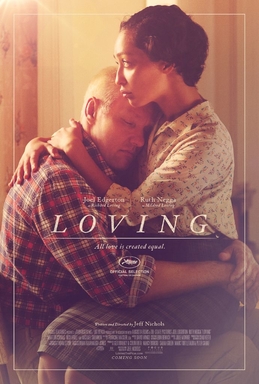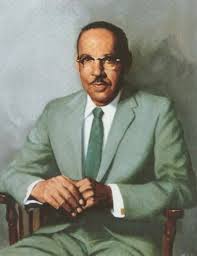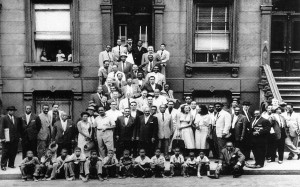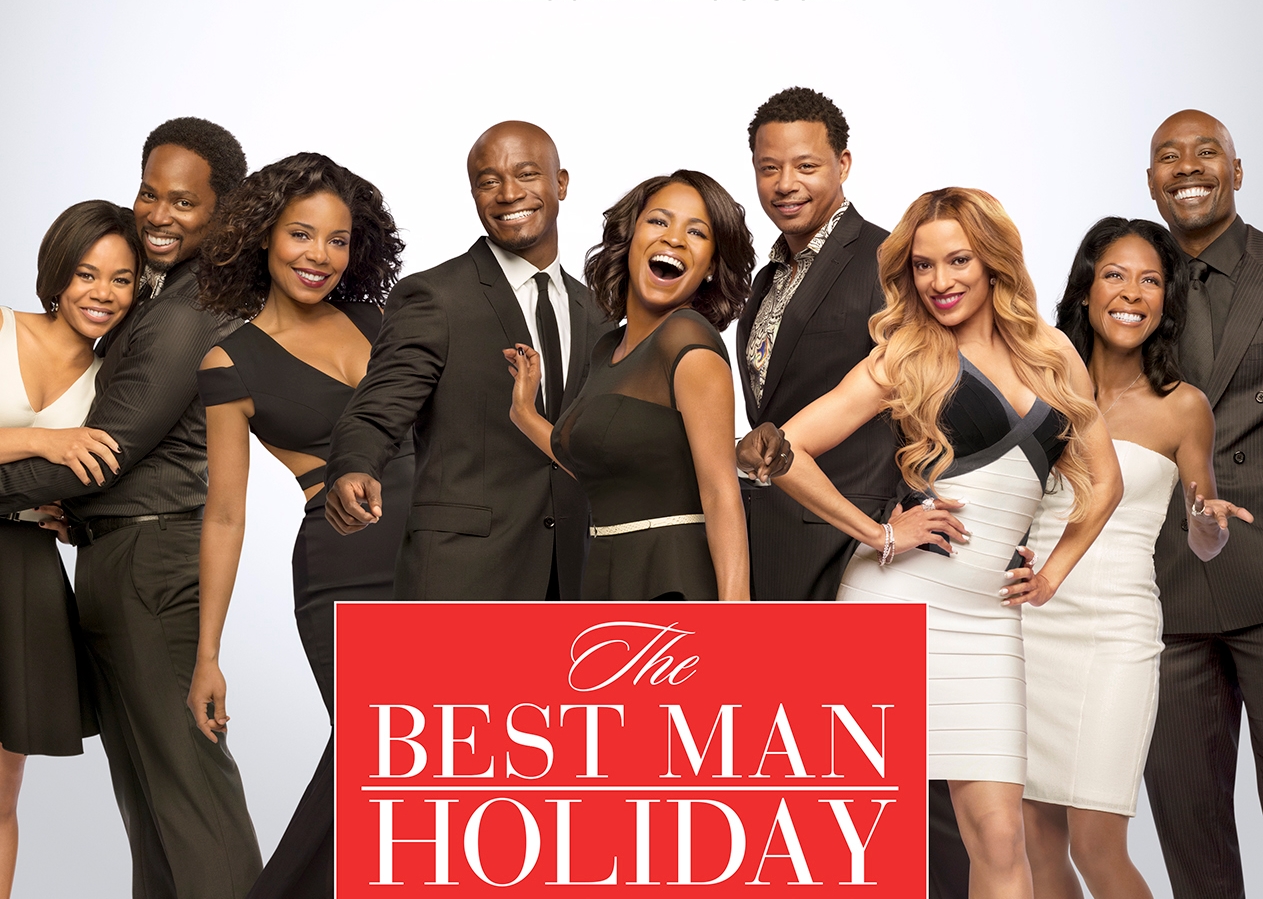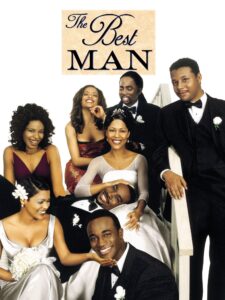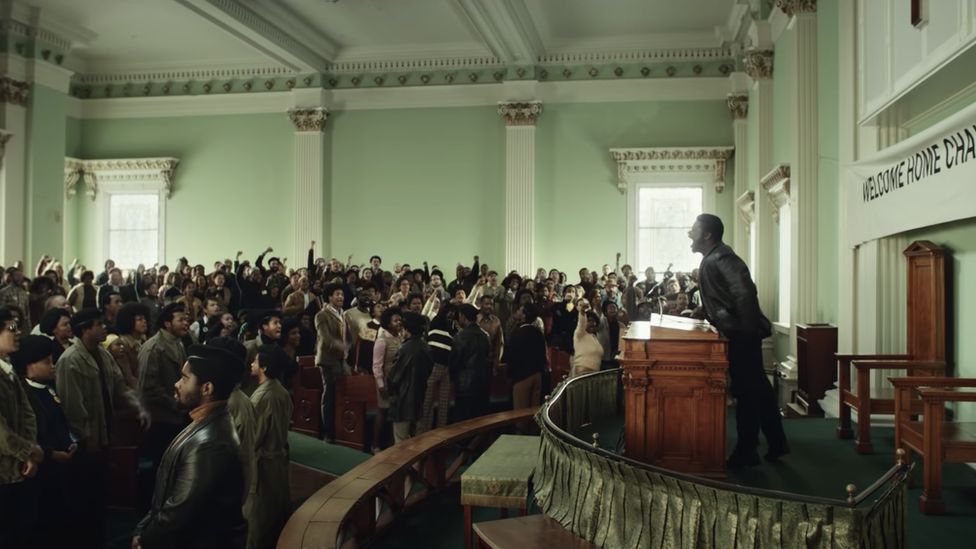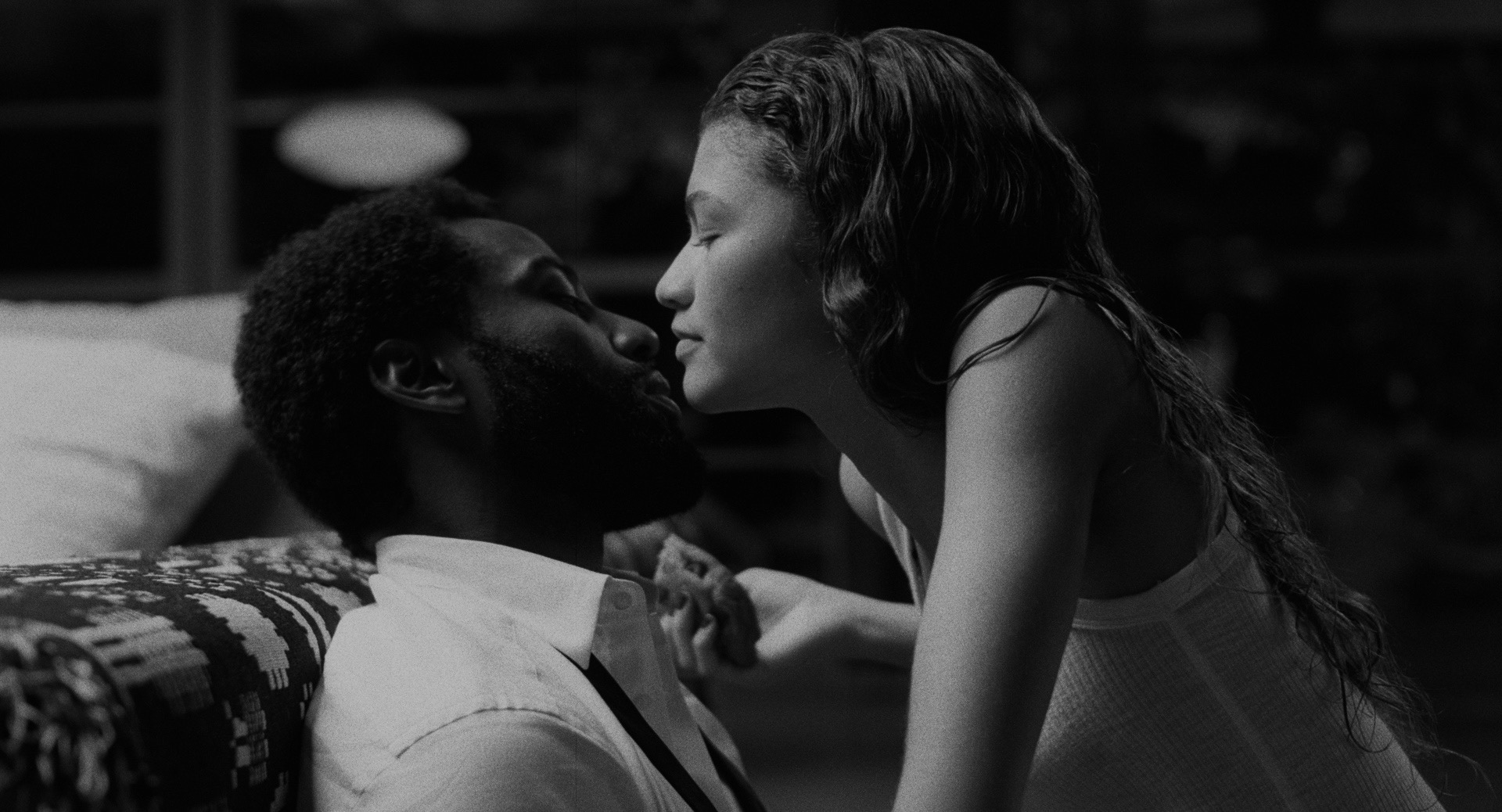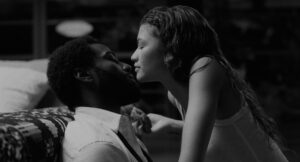Till
Posted on October 13, 2022 at 5:18 pm
B +| Lowest Recommended Age: | High School |
| MPAA Rating: | Rated PG-13 for thematic content involving racism, strong disturbing images and racial slurs |
| Profanity: | Racist epithets |
| Date Released to Theaters: | October 28, 2022 |
| Date Released to DVD: | January 16, 2023 |
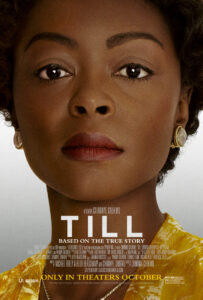
It was in 1955 that a 14-year-old Black boy from Chicago named Emmett Till was murdered in Mississippi for allegedly whistling at a white woman. “Till” is his story, but it is more importantly the story of his mother, who responded to the greatest pain a parent can experience with determination to save other families from that kind of tragedy. I will give her the respect denied her by the white people of Mississippi and refer to Till’s mother, later known as Mamie Till-Mobley, as she was by the Black people who honored her during this period, Mrs. Bradley. She is played with infinite grace and dignity by Danielle Deadwyler in a performance that is one of the most thrilling of the year.
Emmett (Jalyn Hall) was a happy, friendly, high-spirited boy who was devoted to his single mother and thought the world was a safe place. We first see him with his mother at Chicago’s famous department store, Marshall Field’s, politely responding to a clerk who suggests that she shop in the basement, clearly a racist response. Mrs. Bradley tries to warn Emmett that things are different in the Jim Crow South, that he must be careful, ultra-respectful, and, if called upon, get down on his knees and beg forgiveness for any suspected slight. But Emmett is young and a bit of a show-off. His casual demeanor and his speaking to the 21-year-old white woman at the cash register was considered an insult. And so, Her husband and his friend banged on the door of Till’s relatives, took him from their home at gunpoint, and murdered him.
Mississippi wanted to bury him there, along with the story. But with the intervention of the NAACP, his body was returned to Chicago, so abused and mutilated that it was barely recognizable as human. The mortician urged her not to look and to close the casket at the funeral because, he says carefully, “He’s not in the right shape” to be seen. But Mrs. Bradley insisted that he must be seen, that what happened to him must be understood. The moments of her communion with her son’s body, the faces of those viewing him at the funeral, and Deadwyler’s description in court testimony of how she was able to identify him as her son are galvanizing. “He is in just the right shape. The world is going to see what they did to my boy,” she says. That legacy continues with this important, impactful film.
Parents should know that this movie is the true story of a brutal hate crime. The murder is sensitively handled, but we do see, as Mrs. Bradley would have wanted, his body and the reactions of the people who viewed the open casket. Characters smoke, drink and use racist language, including the n-word.
Family discussion: How does the experience of Emmett Till relate to the issues raised by Black Lives Matter today? What do we learn from her conversation with Preacher? Why did Mrs. Bradley’s decision to speak out make a difference?
If you like this, try: “The Murder of Emmett Till” from the PBS series “American Experience,” the “Eyes on the Prize” series, “For Us the Living,” about Medgar Evers, and “Ghosts of Mississippi,” about the lawyers who finally brought his murderers to justice. You can read about the 2022 decision not to charge the woman who wrongly accused Emmett Till here and contribute to the Emmett Till Legacy Foundation here.


